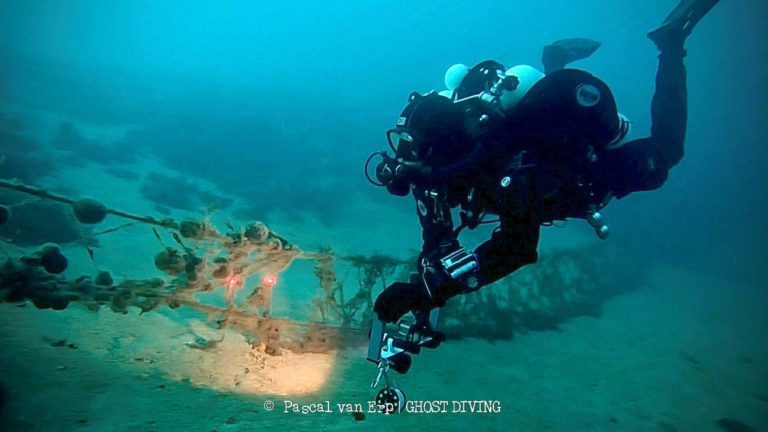European volunteer scuba group Ghost Diving and its partner Healthy Seas are collaborating with Wageningen University & Research in the Netherlands on a pilot initiative to determine the ecological impact and sources of the ghost nets and lines they recover in the North Sea and Adriatic.
Also read: Net result for Ghost Diving USA
They hope that the knowledge will lead to more effective ghost-net prevention and clean-up strategies.
During their first sea clean-up of 2022 in mid-January, a Ghost Divers team from the Netherlands, Croatia and Italy collected samples off the Croatian coast and recorded underwater footage for analysis by the researchers.
“Up to now, the ecological impact and sources of nets retrieved from wrecks have received relatively little research attention,” said scientific researcher Wouter Jan Strietman from the university. “We are happy to support Ghost Diving and Healthy Seas by contributing our expertise to provide a deeper understanding of the issue.”
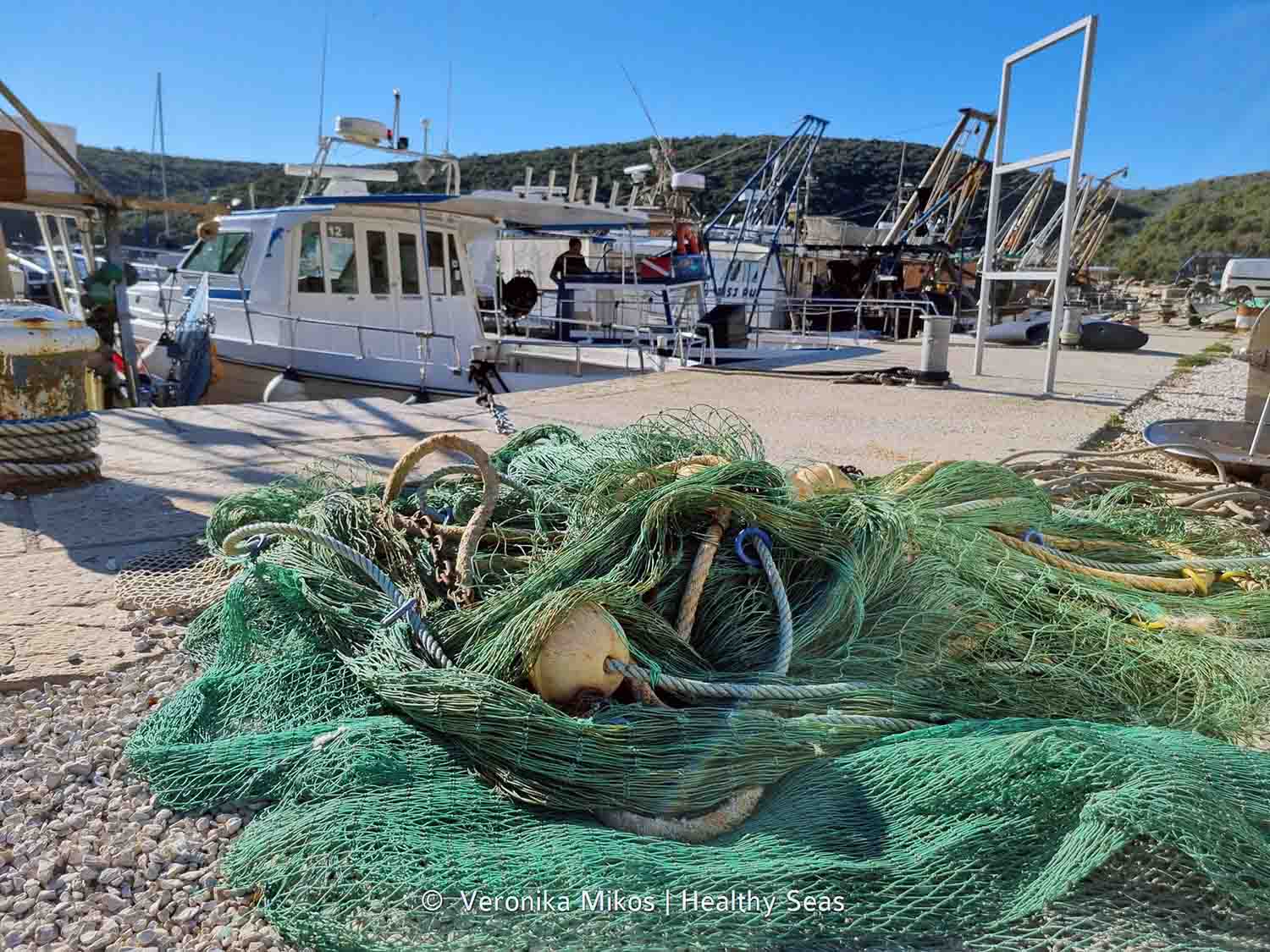
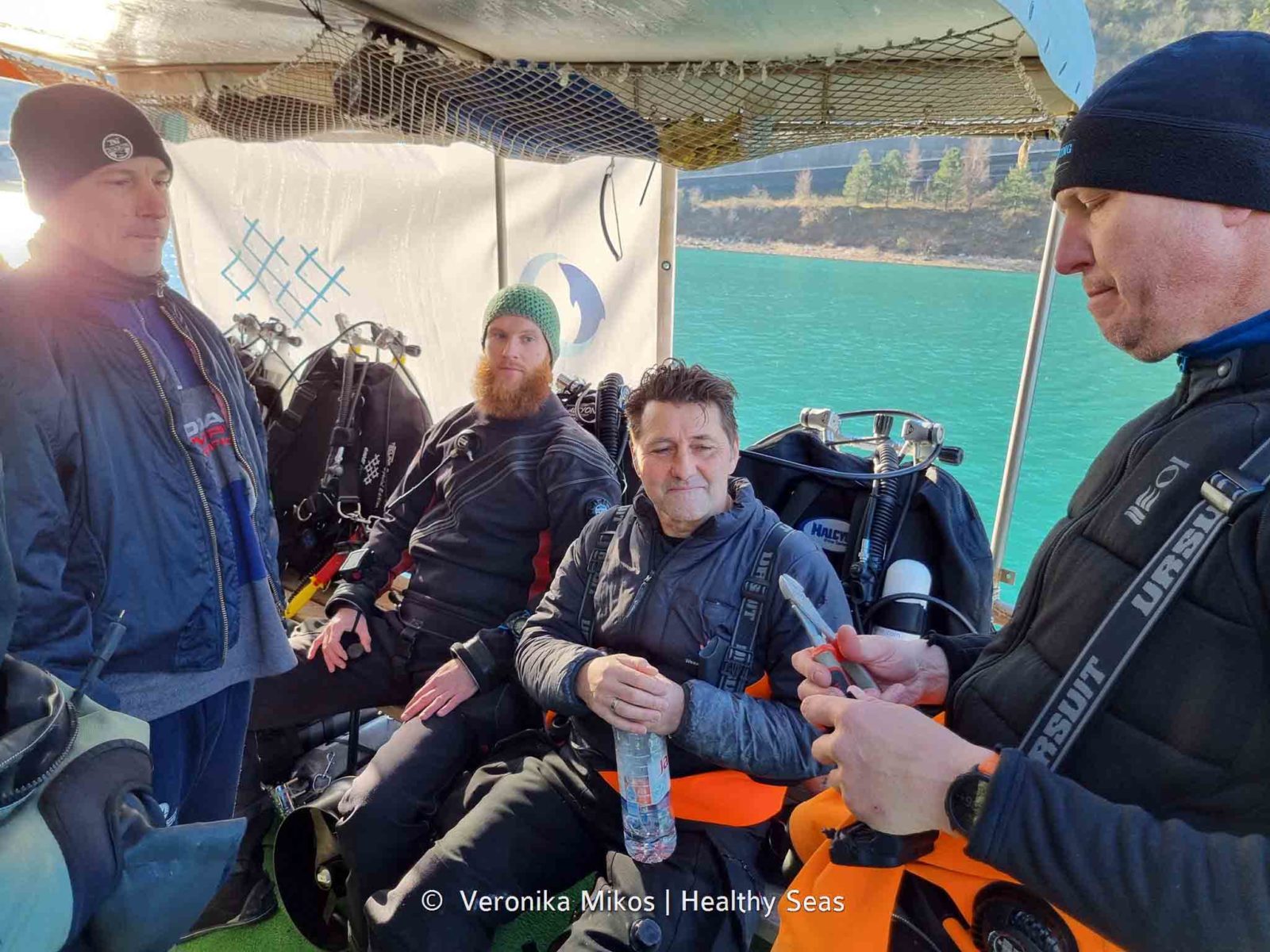
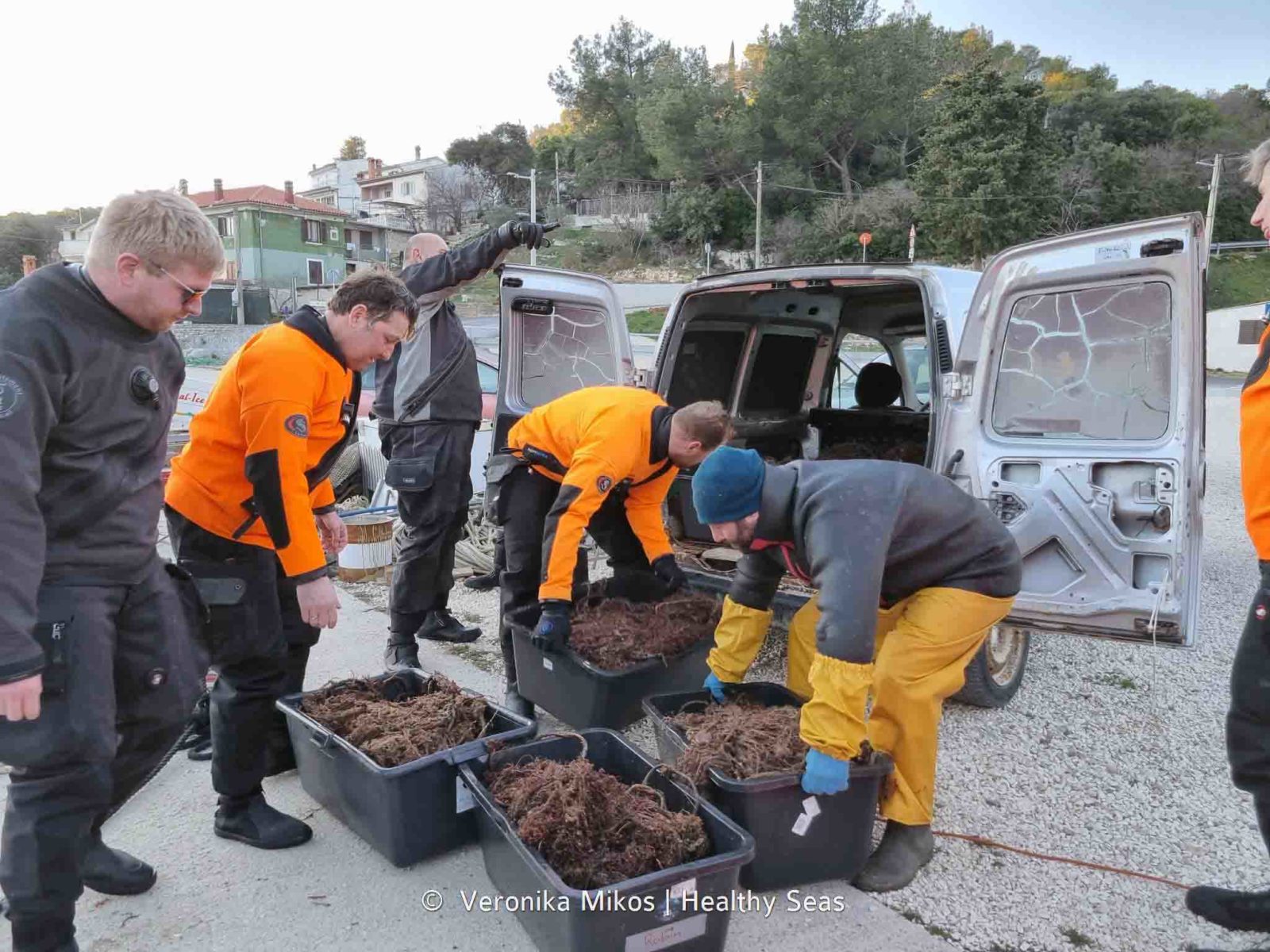
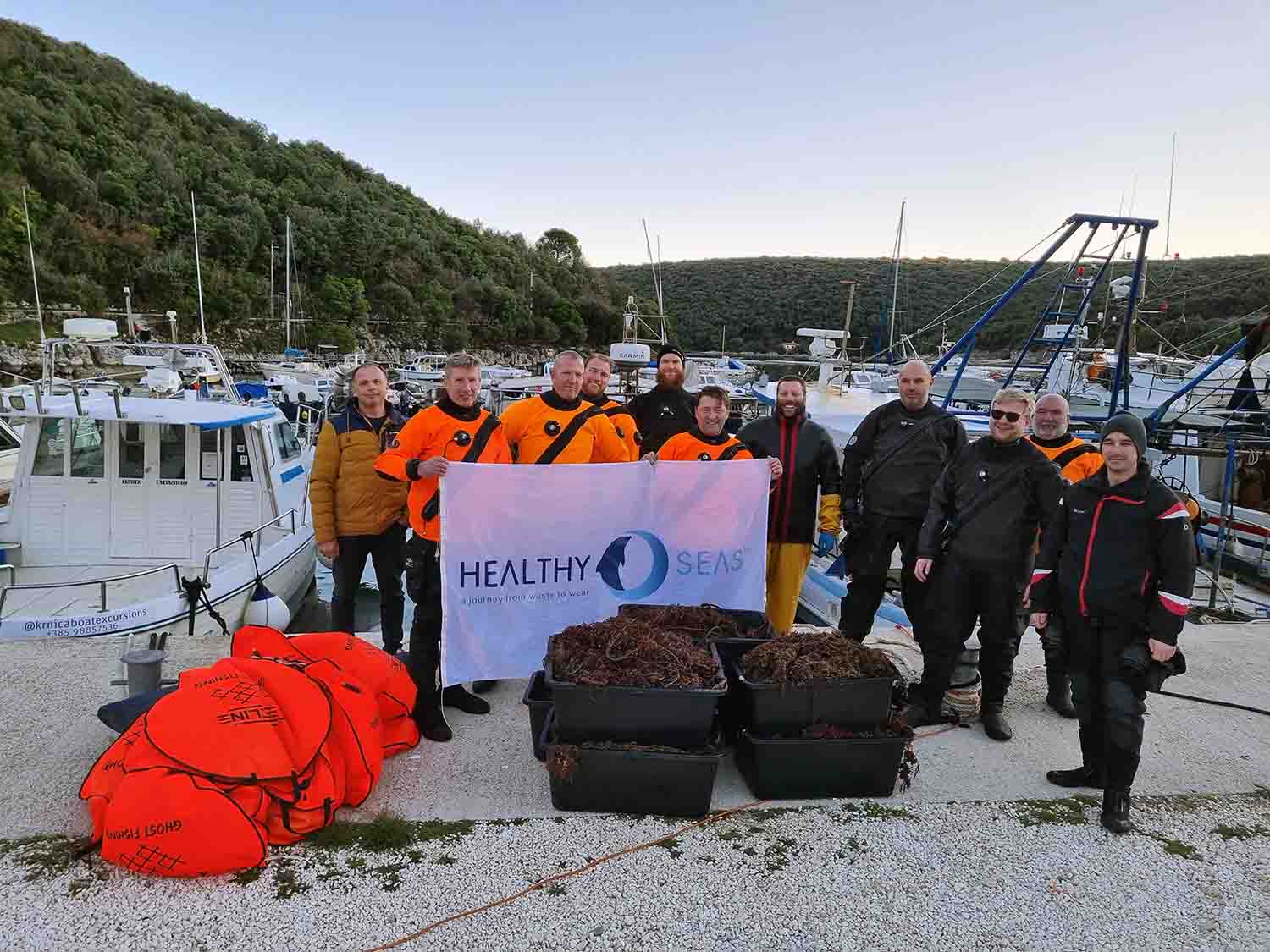
It is estimated that 640,000 tons of abandoned, lost and discarded fishing gear end up in the ocean each year, much of it plastic netting that can take centuries to decompose and in that time goes on catching and killing marine life.
“With the results coming out of this project we are aiming at improving our clean-up protocol and to further contributing to the dialogue with the fisheries sector around solutions tackling the ghost-fishing phenomenon,” said Ghost Diving founder Pascal van Erp.
The results of the pilot phase of the scientific project will be published towards the end of this year.
Ghost Diving volunteers have been clearing nets and other marine debris since 2009, while Healthy Seas, which started in 2013, works to recycle marine litter into textiles. Recovered fishing nets are regenerated into ECONYL yarn from which products such as swim- and sportswear or carpets are made.
